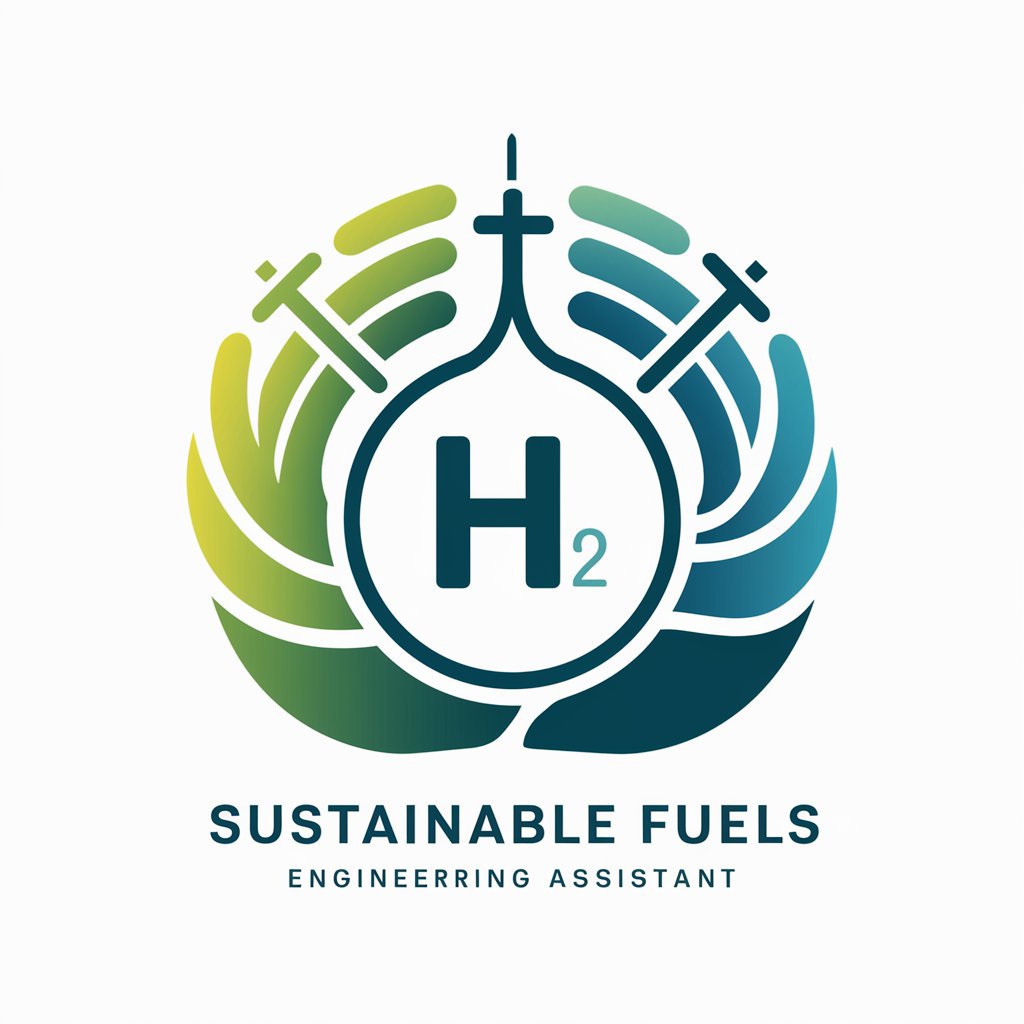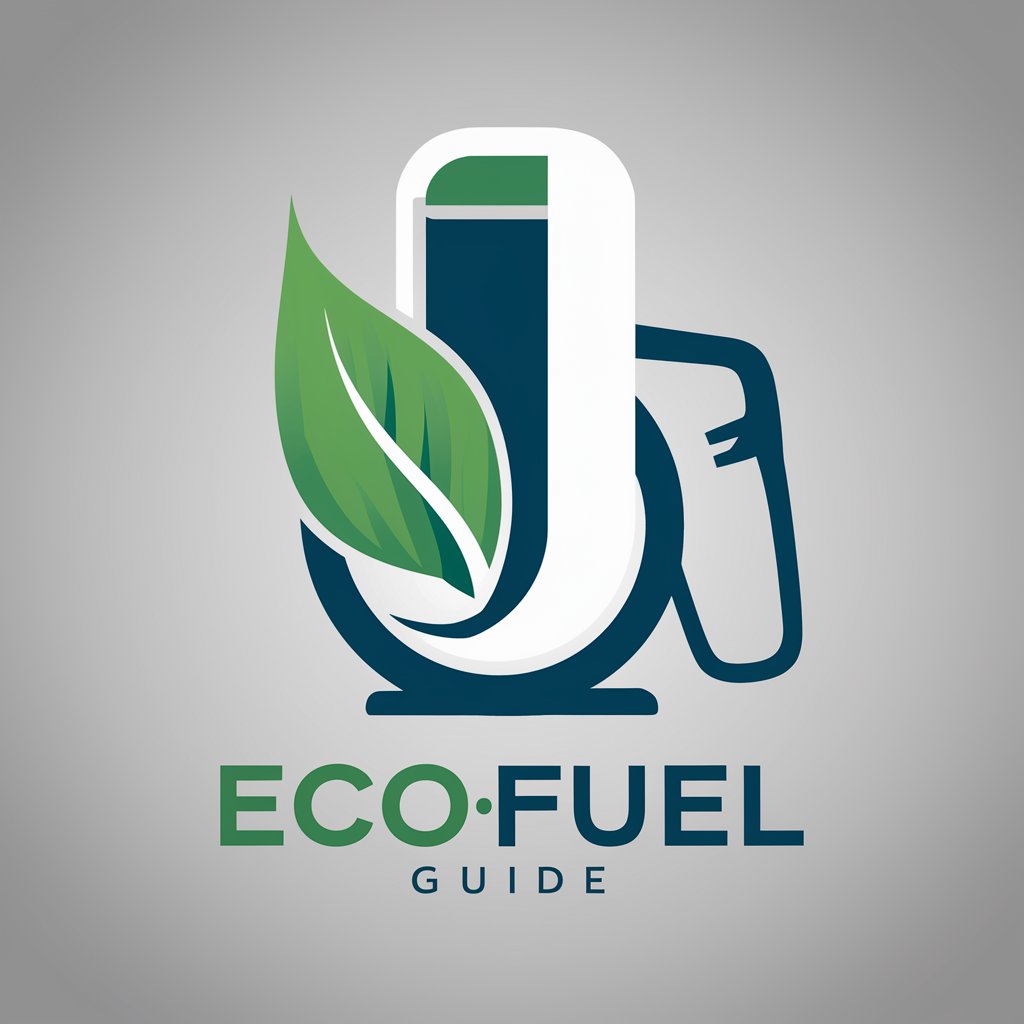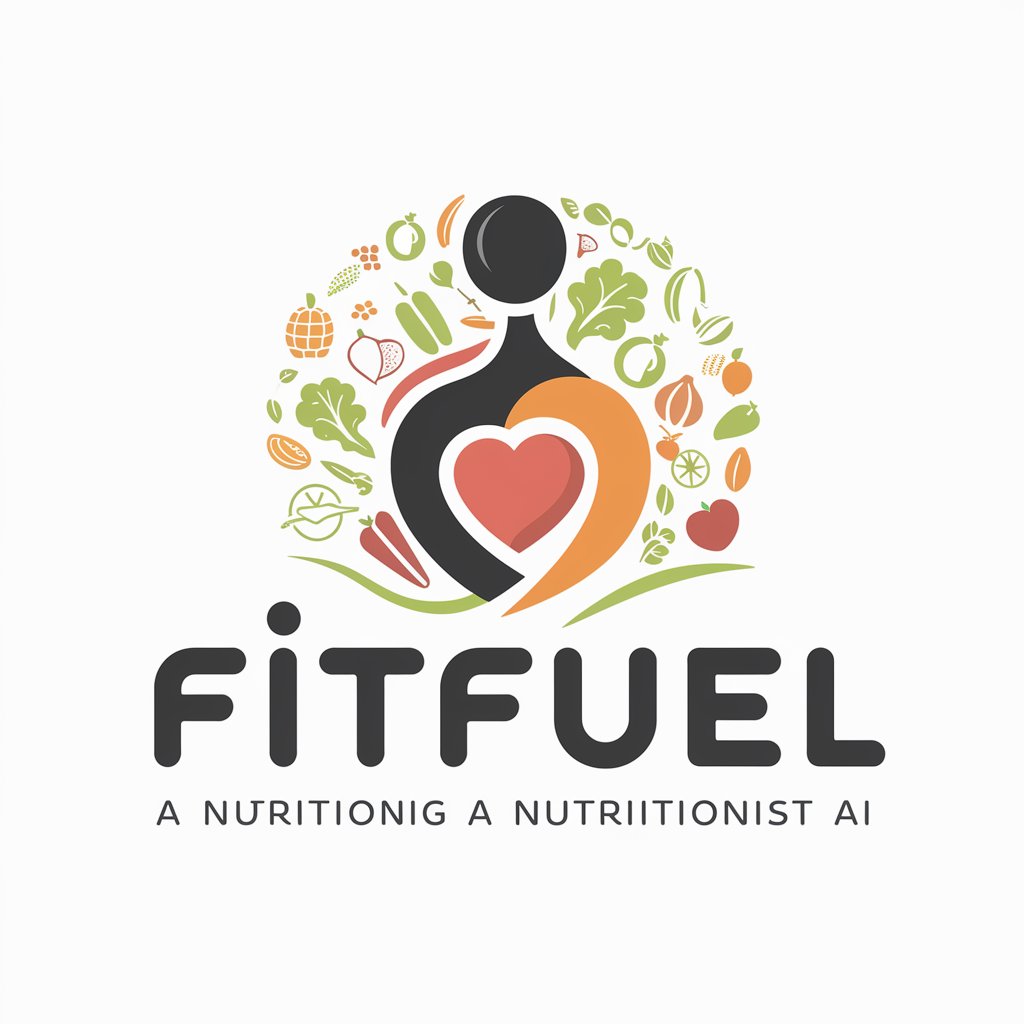
Fuel - In-Depth Fuel Insights
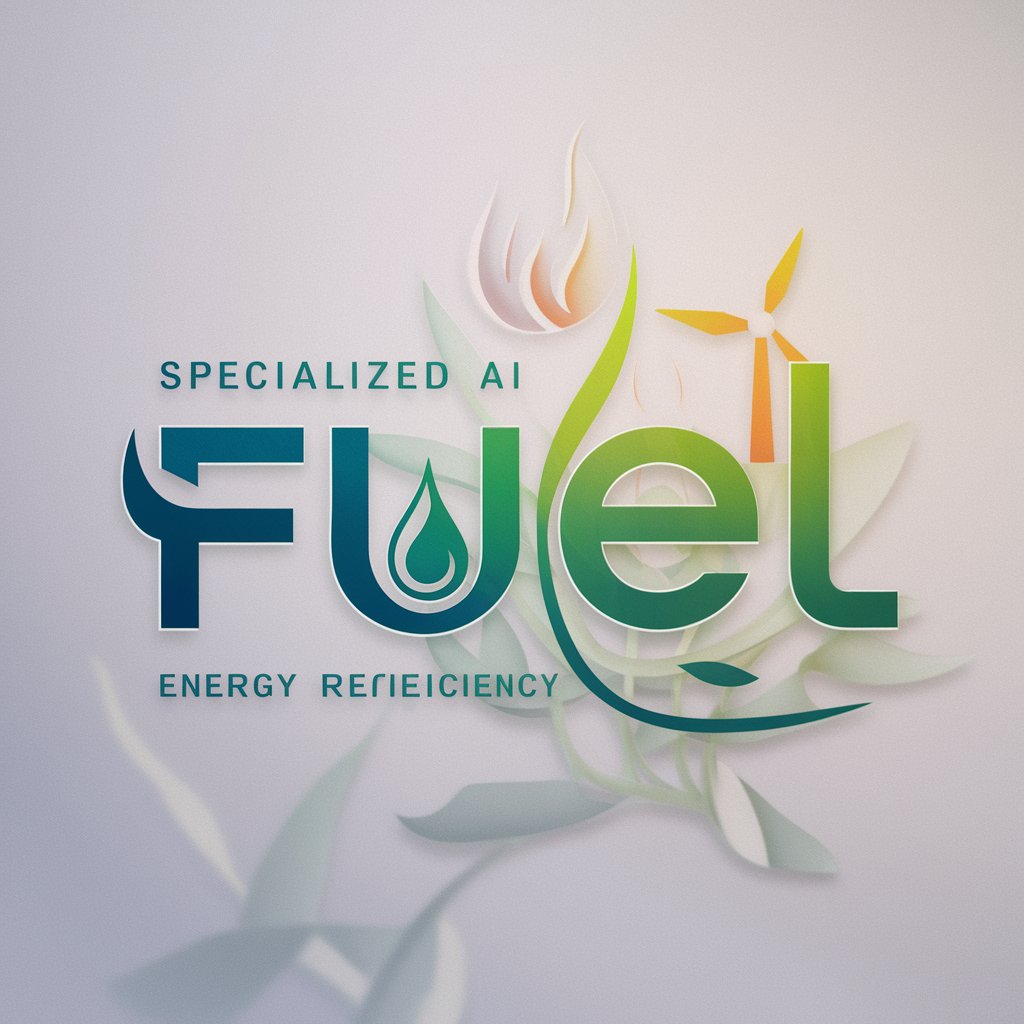
Welcome! Let's explore the world of fuels and energy sources together.
Empowering Energy Knowledge with AI
Explain the differences between renewable and non-renewable energy sources...
Describe the process of refining crude oil into usable fuel...
What are the environmental impacts of using fossil fuels versus alternative energy sources?
Discuss the latest advancements in solar energy technology...
Get Embed Code
Understanding Fuel: Functions and Design Purpose
Fuel is designed as a specialized GPT to provide in-depth information and insights into various types of fuels, their applications, energy efficiency, and the latest developments in energy sources. Its core purpose is to serve as a comprehensive resource for anyone seeking detailed knowledge on energy-related topics. From traditional fossil fuels such as coal, oil, and natural gas, to renewable energy sources like solar, wind, and biofuels, Fuel aims to cover a wide spectrum of energy matters. Examples include explaining the chemical properties and energy content of different fuels, comparing the efficiency and environmental impact of renewable versus non-renewable energy sources, or providing updates on cutting-edge technologies in energy storage and conservation. Through detailed explanations, comparisons, and case studies, Fuel seeks to enhance understanding and foster informed decisions related to energy consumption and sustainability. Powered by ChatGPT-4o。

Core Functions and Real-World Applications
Information on Types of Fuels
Example
Describing the properties, uses, and environmental impacts of biodiesel compared to traditional diesel fuel.
Scenario
A transportation company is considering transitioning its fleet to biodiesel and uses Fuel to understand the benefits and drawbacks.
Energy Efficiency Analysis
Example
Comparing the energy output and efficiency of solar panels versus traditional coal-fired power plants.
Scenario
A homeowner is exploring options for reducing their carbon footprint and consults Fuel for insights on the most efficient energy sources for residential use.
Updates on Energy Technologies
Example
Providing the latest research findings on hydrogen fuel cells and their application in automotive and industrial sectors.
Scenario
An engineer in the automotive industry uses Fuel to stay informed about advancements in hydrogen fuel technology for potential integration into new vehicle designs.
Target User Groups for Fuel Services
Energy Sector Professionals
This group includes researchers, engineers, and policymakers working in the energy sector, who require up-to-date, detailed information on energy sources, technology advancements, and policy implications to make informed decisions and drive innovation.
Educators and Students
Teachers and students in the fields of environmental science, engineering, and sustainability benefit from Fuel's comprehensive resource for coursework, research projects, and gaining a deeper understanding of energy-related topics.
Environmentally Conscious Consumers
Individuals looking to reduce their carbon footprint and make more sustainable energy choices in their personal and professional lives use Fuel to learn about energy-efficient technologies and green fuels.

How to Use Fuel
Start with YesChat
Initiate your journey by exploring yeschat.ai for a hassle-free trial that requires no login or subscription to ChatGPT Plus.
Identify Your Needs
Determine the specific fuel-related information you're seeking, such as types of fuels, their uses, or energy efficiency tips.
Navigate the Interface
Use the intuitive interface to locate the information or tool you need for your energy-related queries.
Engage with Content
Interact with the provided content, utilizing the detailed guidelines and insights offered for a comprehensive understanding of fuels.
Apply Insights
Leverage the acquired knowledge in practical scenarios, ensuring to adhere to safety guidelines and efficiency practices.
Try other advanced and practical GPTs
Pharma Insight Writer
Empowering Pharma Research with AI

Babies
Empowering parents with AI-driven guidance
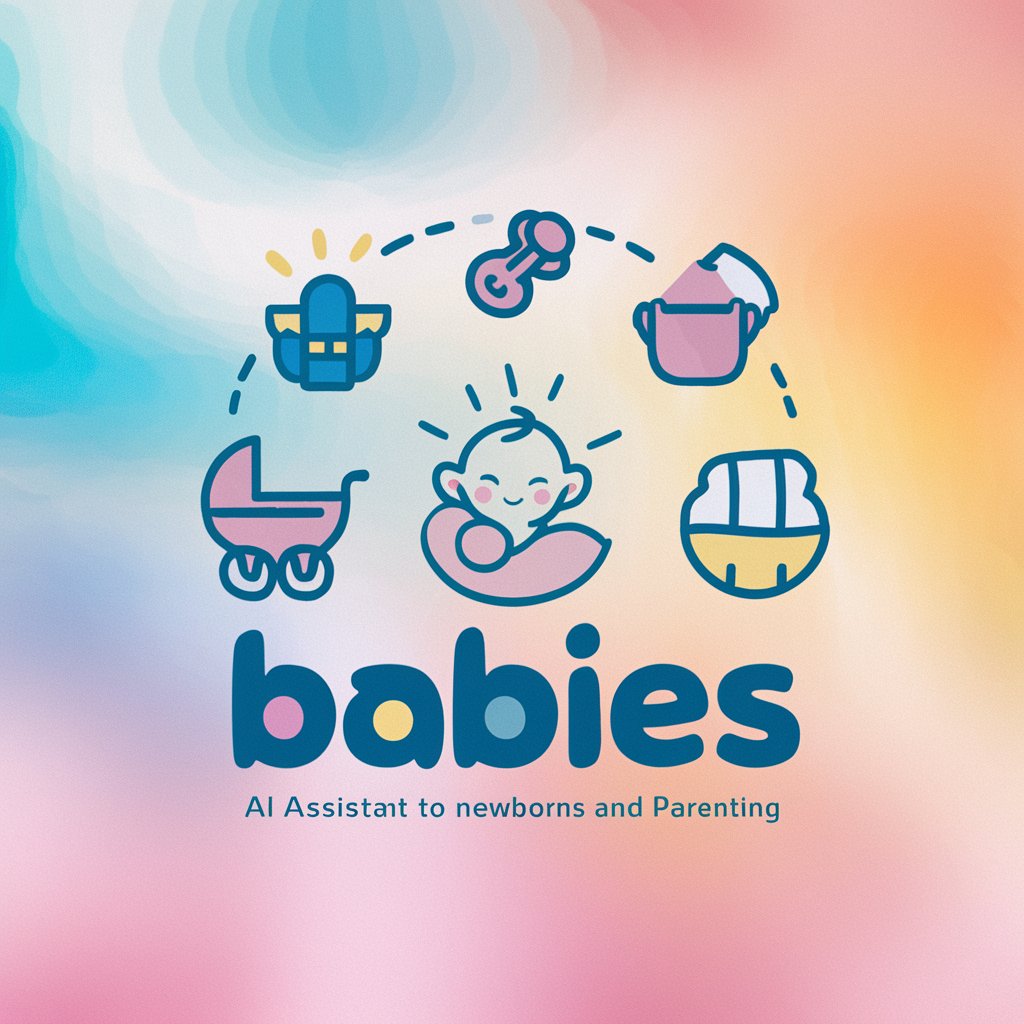
Markdown Summarizer
Streamline Your Summaries with AI

"Affekot"
Empowering legal decisions with AI

Qraft Creator
Empower Your Words with AI

Ön yazı ve CV denetleyicisi | Türkçe | Turkish
AI-Powered Career Boosting Tool

Lingomba ya Bouddha
Explore Buddhist Wisdom with AI

Grill Garage Assistant
AI-powered Grill Mastery at Your Fingertips

Bad Crypto, AI, Web3 GPT
Empowering Web3 Innovations with AI
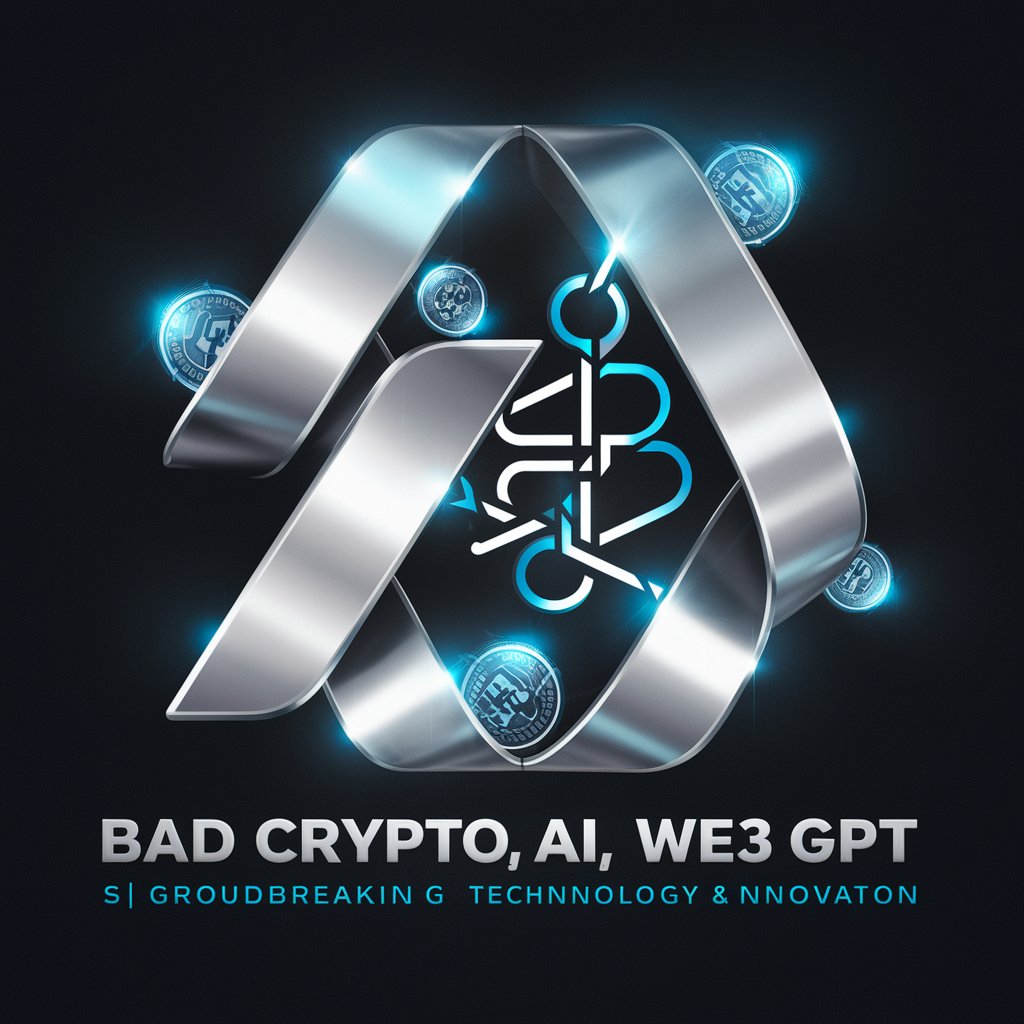
Pot
Empowering cannabis knowledge with AI

Greek Linguist
Master Greek with AI-powered pronunciation

Copywriting Genius
Elevate Your Store with AI-Powered Copywriting
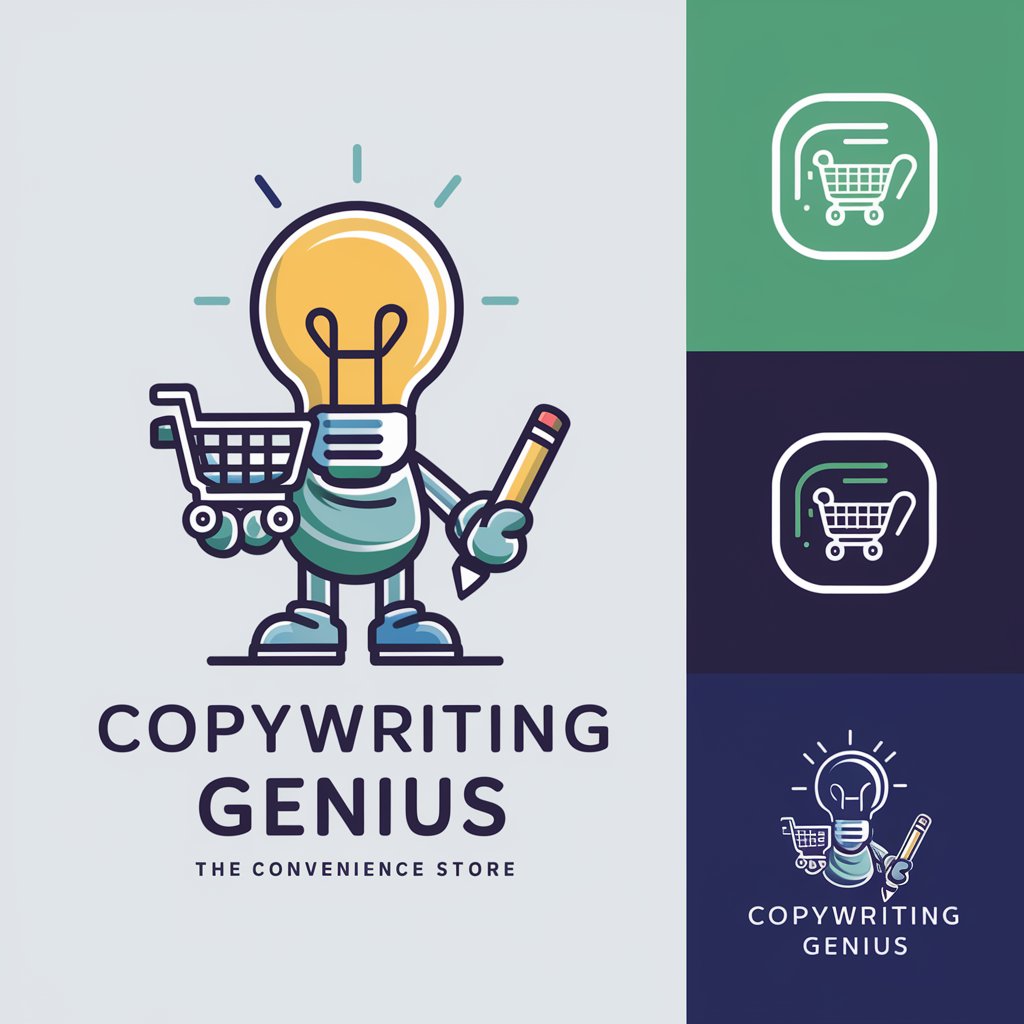
Fuel Q&A
What types of fuels can Fuel provide information on?
Fuel offers comprehensive details on a variety of fuels including fossil fuels, biofuels, synthetic fuels, and renewable energy sources, highlighting their uses, benefits, and environmental impacts.
How can Fuel assist in academic research?
Fuel provides detailed, citation-ready insights into energy sources, fuel efficiency, and technological advancements, making it an invaluable tool for academic research in energy studies.
What tips does Fuel offer for energy efficiency?
Fuel offers tips on optimizing energy use, such as choosing the right fuel type for specific needs, adopting energy-saving practices, and leveraging renewable energy sources for sustainability.
Can Fuel provide updates on the latest developments in energy sources?
Yes, Fuel stays updated with the latest trends and developments in the energy sector, including innovations in renewable energy, policy changes, and global energy market shifts.
How does Fuel contribute to environmental awareness?
By providing detailed information on the environmental impacts of various fuels and promoting the use of renewable energy sources, Fuel aids in raising awareness and fostering sustainable energy practices.



